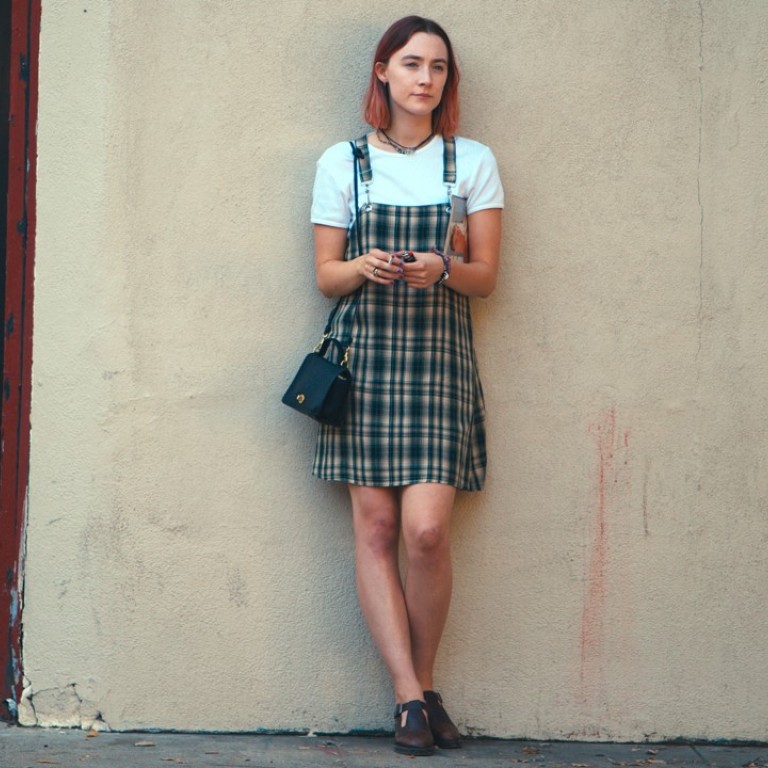
Oscars 2018: the main contenders in Academy Awards race that looks to be the most open in years
Whether its war epic Dunkirk, acclaimed drama Call Me By Your Name, indie sensation Lady Bird or the irreverent Three Billboards Outside Ebbing, Missouri, film critics are no nearer to working out who will win in March
At this point in December – after the first wave of film critics’ groups have named their winners and the voting members of the Hollywood Foreign Press Association and the Screen Actors Guild have announced their nominations – those of us who follow such things have usually been granted a measure of clarity about the state of the Academy Awards race.
Dunkirk director Christopher Nolan on casting Harry Styles, selling a British story in the US, and the challenges of filming it
Or perhaps I should say the condition of the Academy Awards race, insofar as every year, Oscar season increasingly seems to afflict the industry like an interminable, if not terminal, illness. To pursue the medical metaphor further: we are all amateur doctors, and at some point the motion picture academy begins to resemble a heavily sedated, mildly disagreeable hospital patient.

The body (of voters) will be poked and prodded, studied and analysed by various experts until being briefly revived – first in January, when Oscar nominations are announced, and then again in early March, when the trophies are handed out. In the meantime, however, there will be no shortage of conflicting diagnoses, with pockets of consensus surrounded by a few peevish second and third opinions.
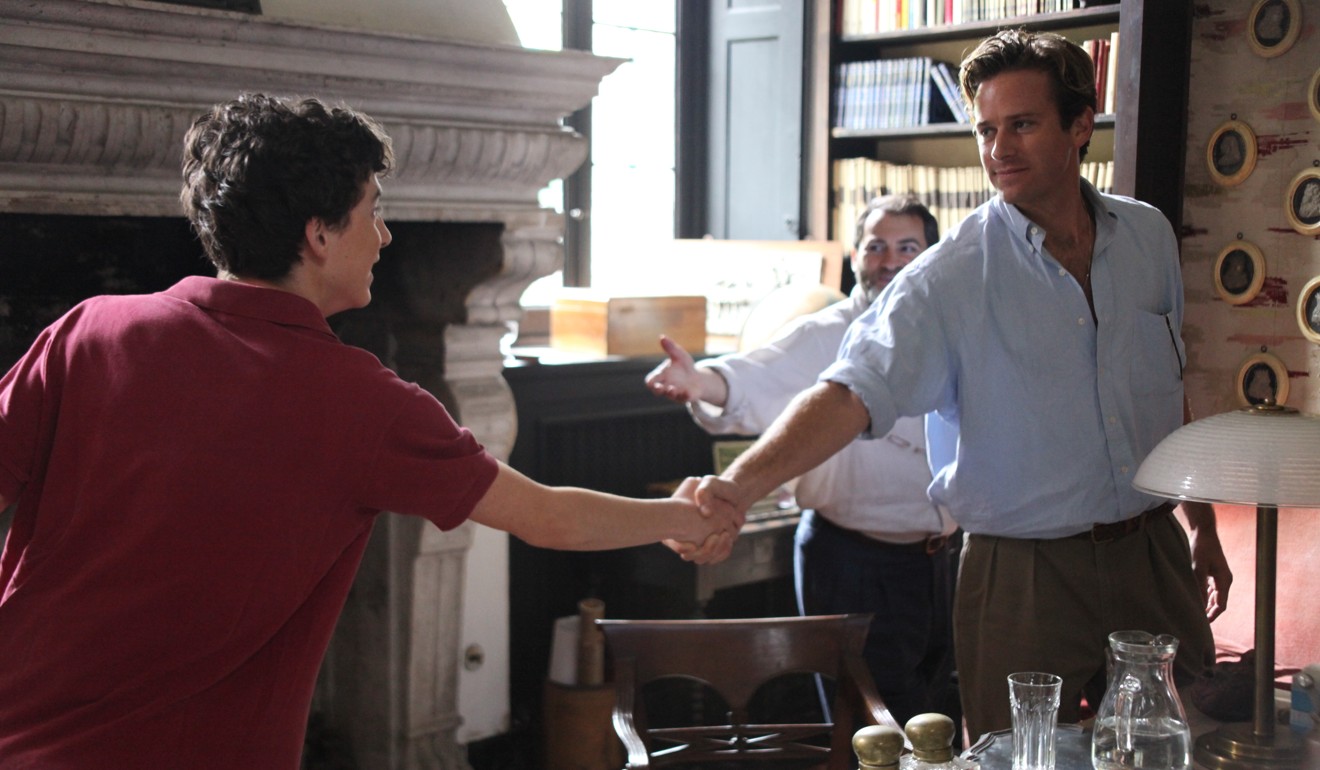
A quick survey of prizes and nominations so far would seem to suggest, too, that best picture Oscar nods are in the cards for Call Me by Your Name, Dunkirk , Get Out , Lady Bird, The Shape of Water and Three Billboards Outside Ebbing, Missouri. Some might argue that momentum is surging for Get Out, Lady Bird and Three Billboards, the only films to have scored the coveted duo of a Globe picture nomination and a SAG ensemble nomination.
In a more ordinary year, that fact would seem to eliminate all other contenders decisively. But it’s a sign of this unusually eclectic and democratic year in cinema – and a testament, too, to the academy’s own rapidly changing and diversifying membership – that most if not all of these six titles, and maybe a few others, could each be framed as a plausible big winner.
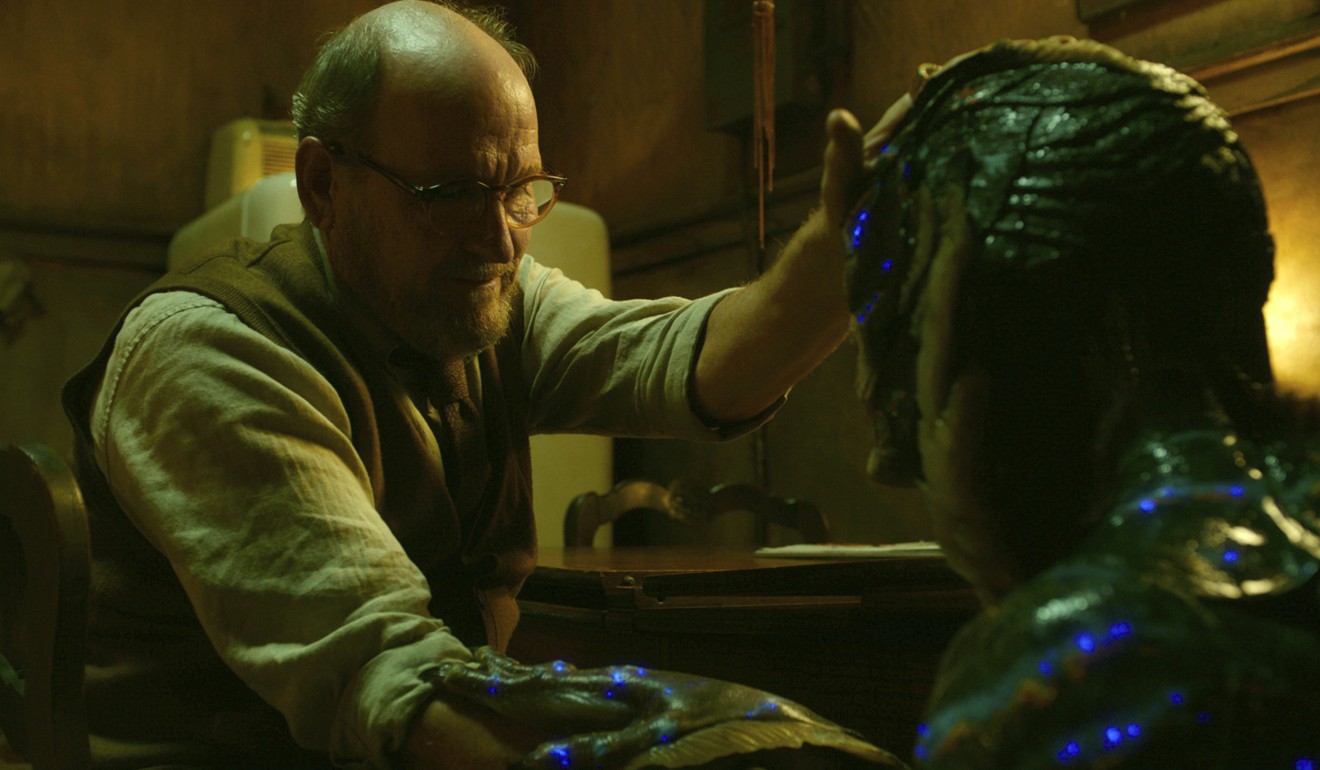
That is markedly different from last year, when at this point it seemed all but certain that the lion’s share of the prizes would go to La La Land , Moonlight and Manchester by the Sea , with all other contenders trailing at a respectful distance. (Making things even more uncertain this year is the fact that, given the academy’s recent preference for underdogs like Spotlight and Moonlight, no film is in a hurry to be crowned the front-runner.)
Spotlight looks at the Catholic Church’s shameful response to child sexual abuse in Boston
As the writer Glenn Whipp noted soon after the SAG nominations announcement, the sheer number of strong films in play would seem to indicate one of those years in which the usual rules and statistics get thrown out the window. Even the various omissions and surprises – and there have been several already – seem less revealing of overall industry sentiment than they are of an excitingly overcrowded field.
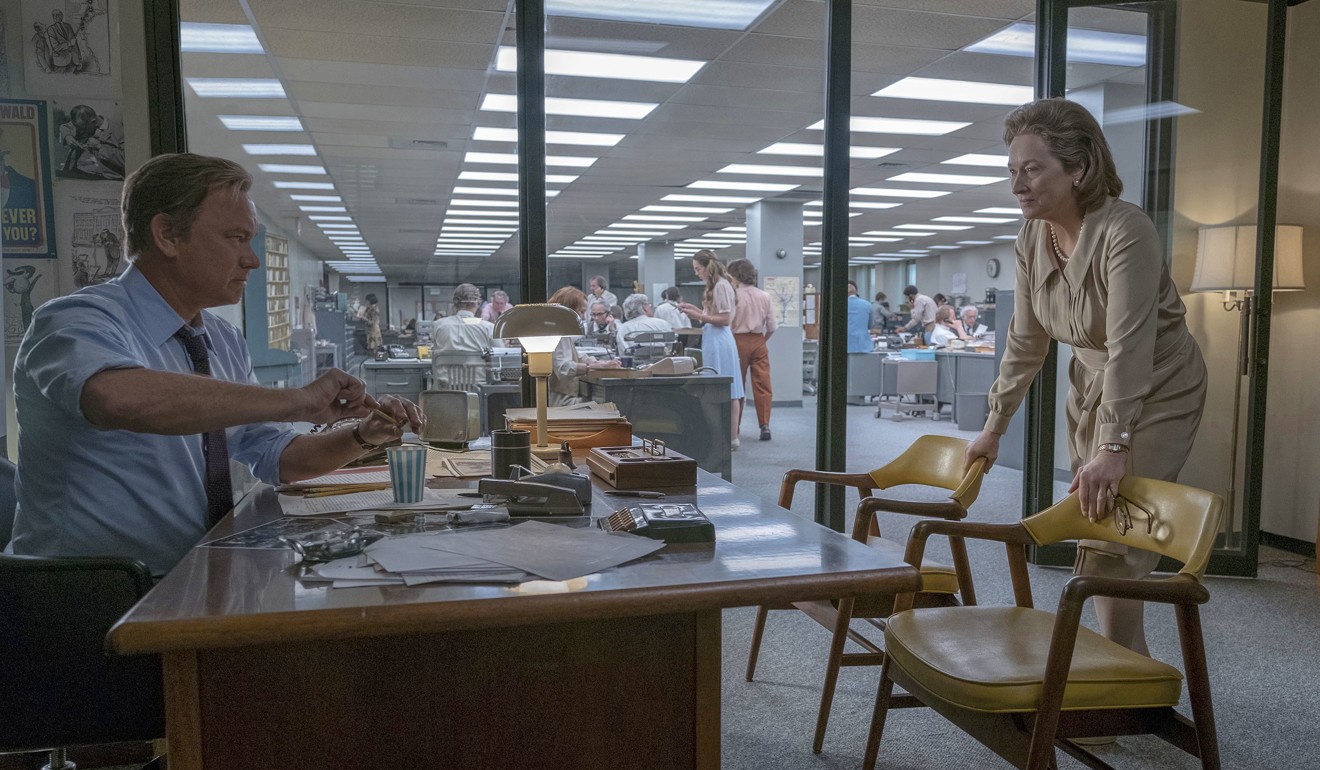
Steven Spielberg’s newsroom thriller won the National Board of Review’s awards for best picture, actress (Meryl Streep) and actor (Tom Hanks), but came up empty-handed with the actors guild, likely because screeners didn’t reach voters until after their balloting deadline.
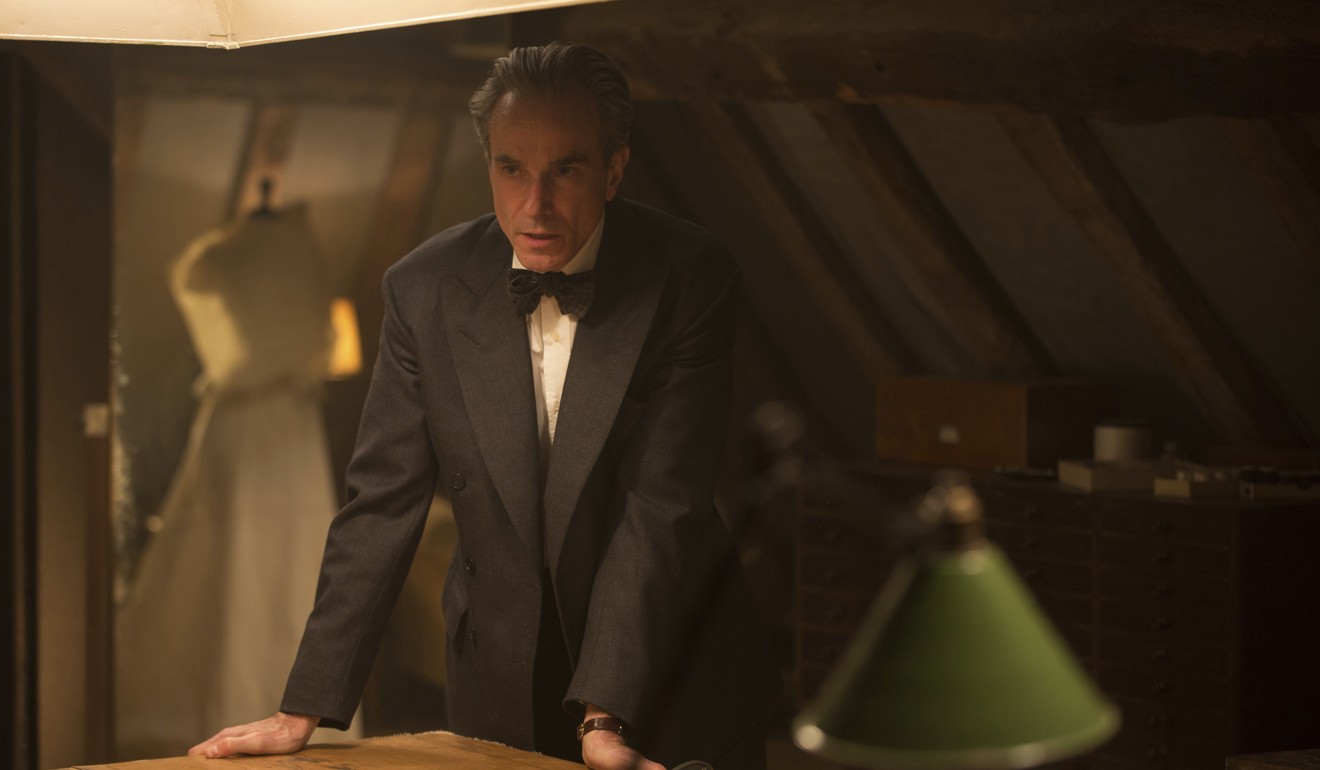
You know things are a bit screwy when Streep gets overlooked by the Screen Actors Guild, especially in a year when – as isn’t always the case – she gives a performance terrific enough to actually warrant the nomination.
No less surprisingly shut out: Daniel Day-Lewis, who probably has more trophies than screen credits to his name at this point, but managed to miss out on a SAG nomination for his superb, possibly final screen performance in Phantom Thread (which, like The Post, didn’t land in SAG voters’ mailboxes in time).
Screwiness seems destined to prevail this season. This is a year, after all, in which Ridley Scott’s down-to-the-wire All the Money in the World managed to score Golden Globe nominations for director, actress in a drama (Michelle Williams) and, in the most startling development, supporting actor for Christopher Plummer, who was brought in as a November surprise replacement for the scandal-plagued Kevin Spacey.
I can’t wait to see the movie, but sight unseen, Plummer is clearly a shoo-in for the Oscar for fastest performance by an actor in a supporting role.
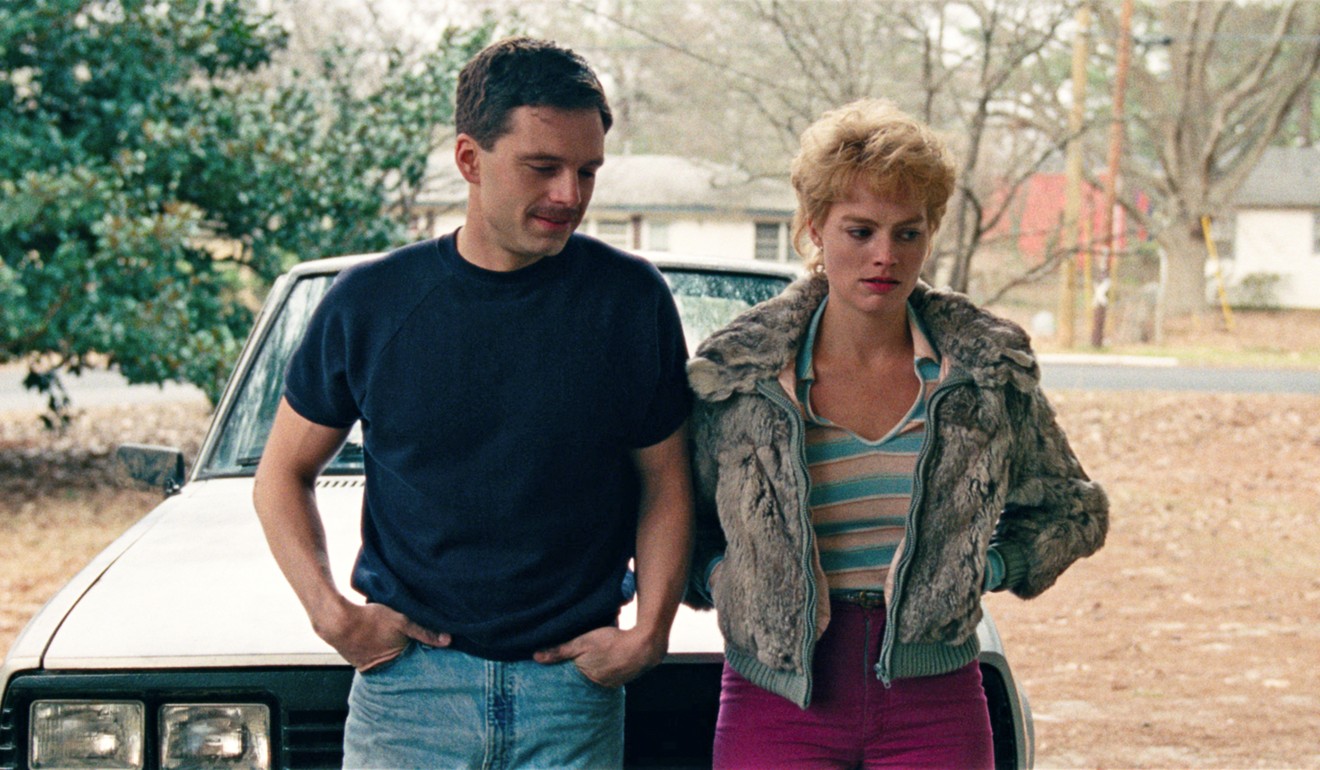
Scott’s Globe nomination for a film that few have seen drew a few eye rolls, especially in light of the Hollywood Foreign Press’ well-known predilection for A-list names (there’s a term for this, but I can’t use it in print).
Others have chided the Globes for a slate of director nominees that, with the exception of the Mexican-born Guillermo del Toro (The Shape of Water), consists entirely of white men, with little of the diversity that a Greta Gerwig (Lady Bird) or a Jordan Peele (Get Out) might have brought to the party.
Straight Outta Compton star Jason Mitchell gets gritty in Netflix drama Mudbound
Speaking of diversity: for reasons having as much to do with their sheer excellence as with their cross-cultural insights, I was pleased to see The Big Sick , a touching and funny interracial love story, and Mudbound, a shrewd and clear-eyed story about racial conflict, join Get Out, Lady Bird and Three Billboards in the Screen Actors Guild’s competitive ensemble race. (Mudbound may have also benefited from the guild’s overall receptiveness to Netflix fare, which hasn’t been as welcome in other circles.)
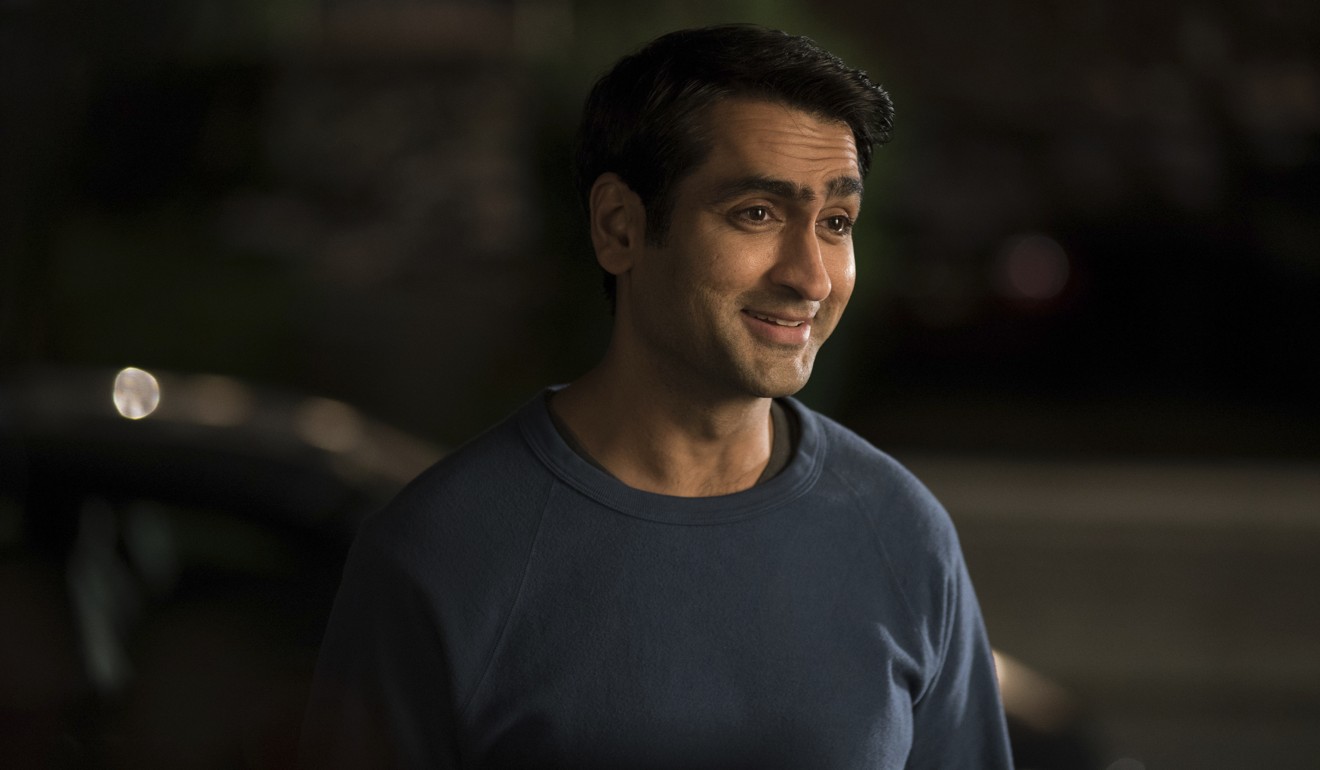
The fight for a less discriminatory, more representative art form is a goal that sits often uncomfortably beside the impulse to recognise cinema’s best and brightest. Last year the academy warded off the grim spectre of another #OscarsSoWhite storm in admirable fashion, but I imagine its members will be in no hurry to sink back into complacency this year. That could have fascinating implications if, indeed, Get Out, Lady Bird and Three Billboards turn out to be the ones to beat.
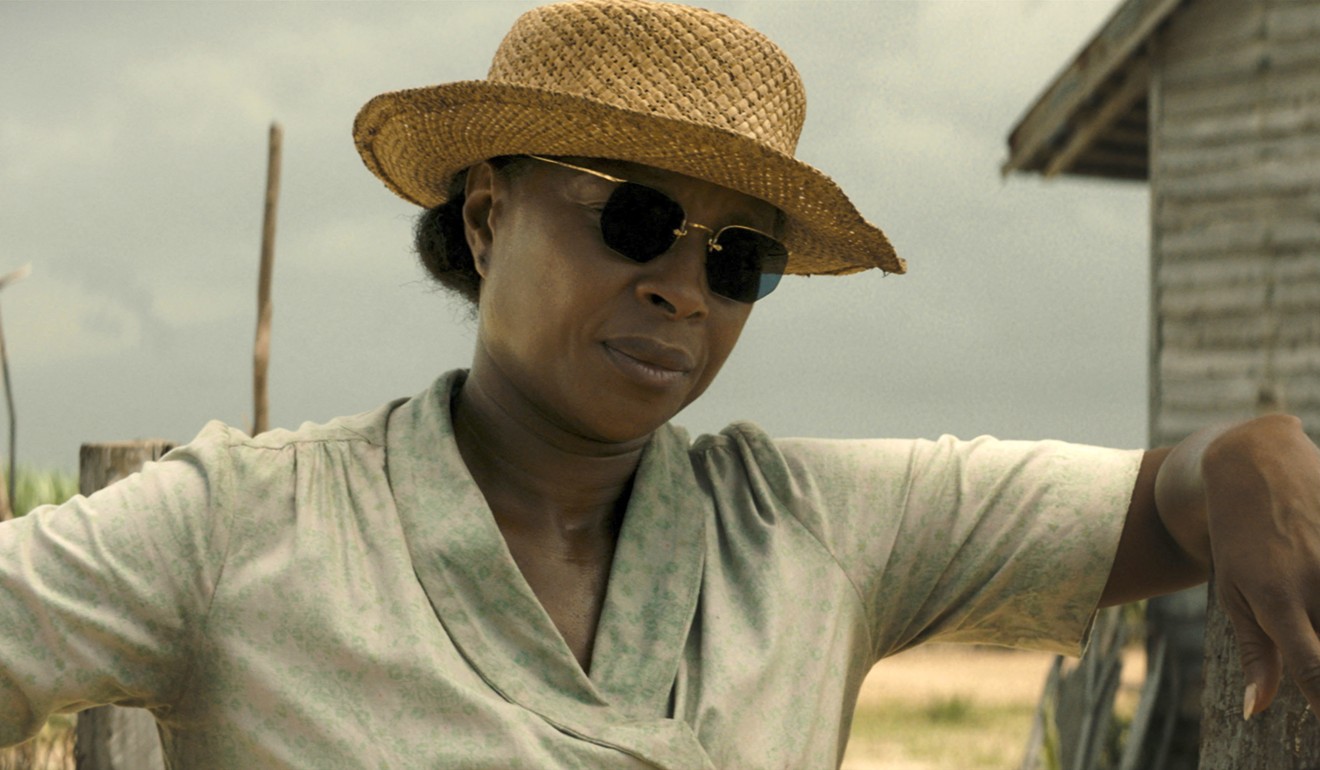
Will this be one of those rare years when the academy nominates both a white woman and a black man for director (which happened eight years ago with Kathryn Bigelow and Lee Daniels)? Or will Three Billboards, which a number of critics have taken to task for its tricky handling of gender and race issues, rise up as the favoured choice of the anti-PC brigade? We’ll know more in January. Until then, let’s give the patient some much-needed rest.

